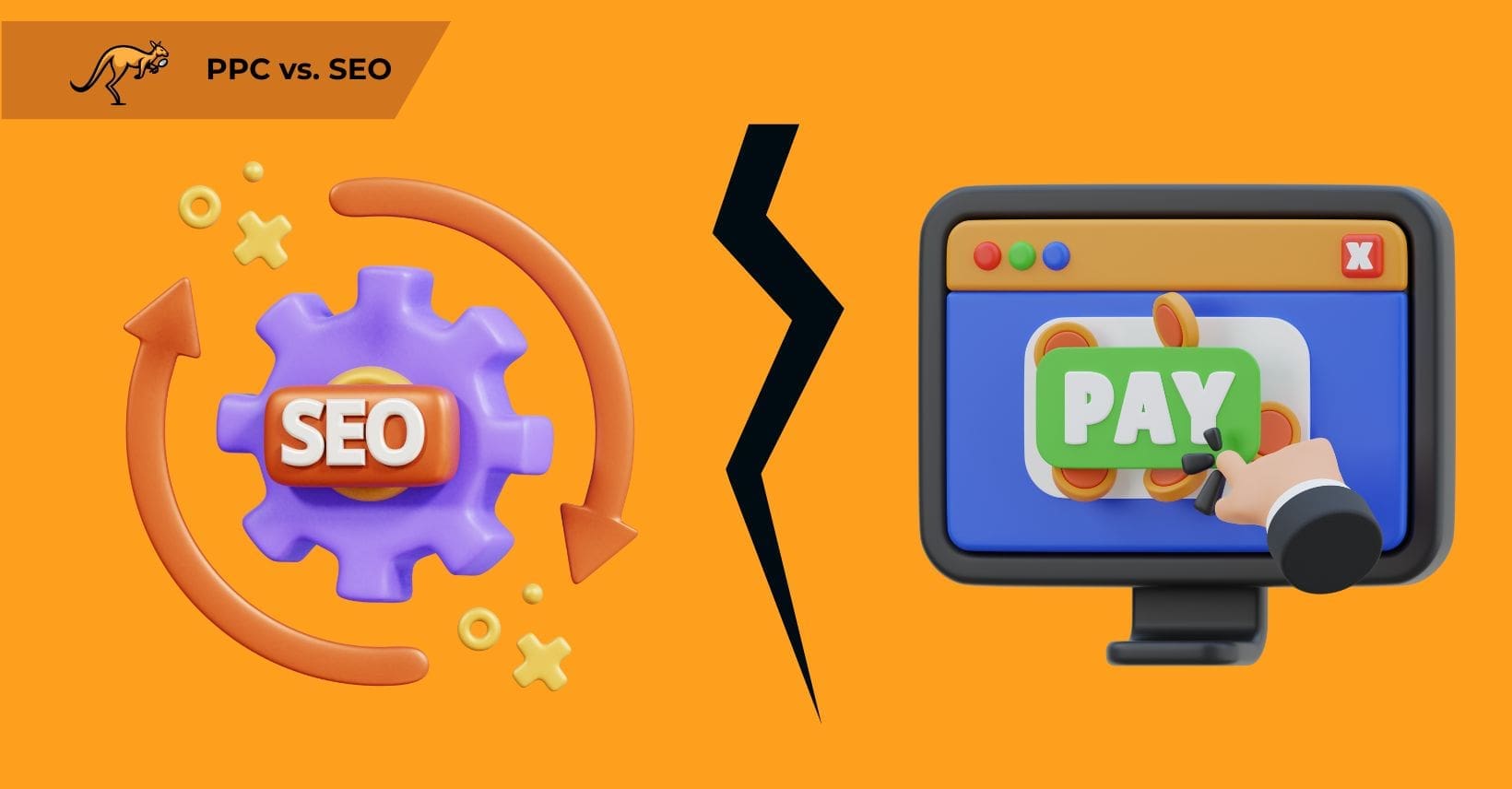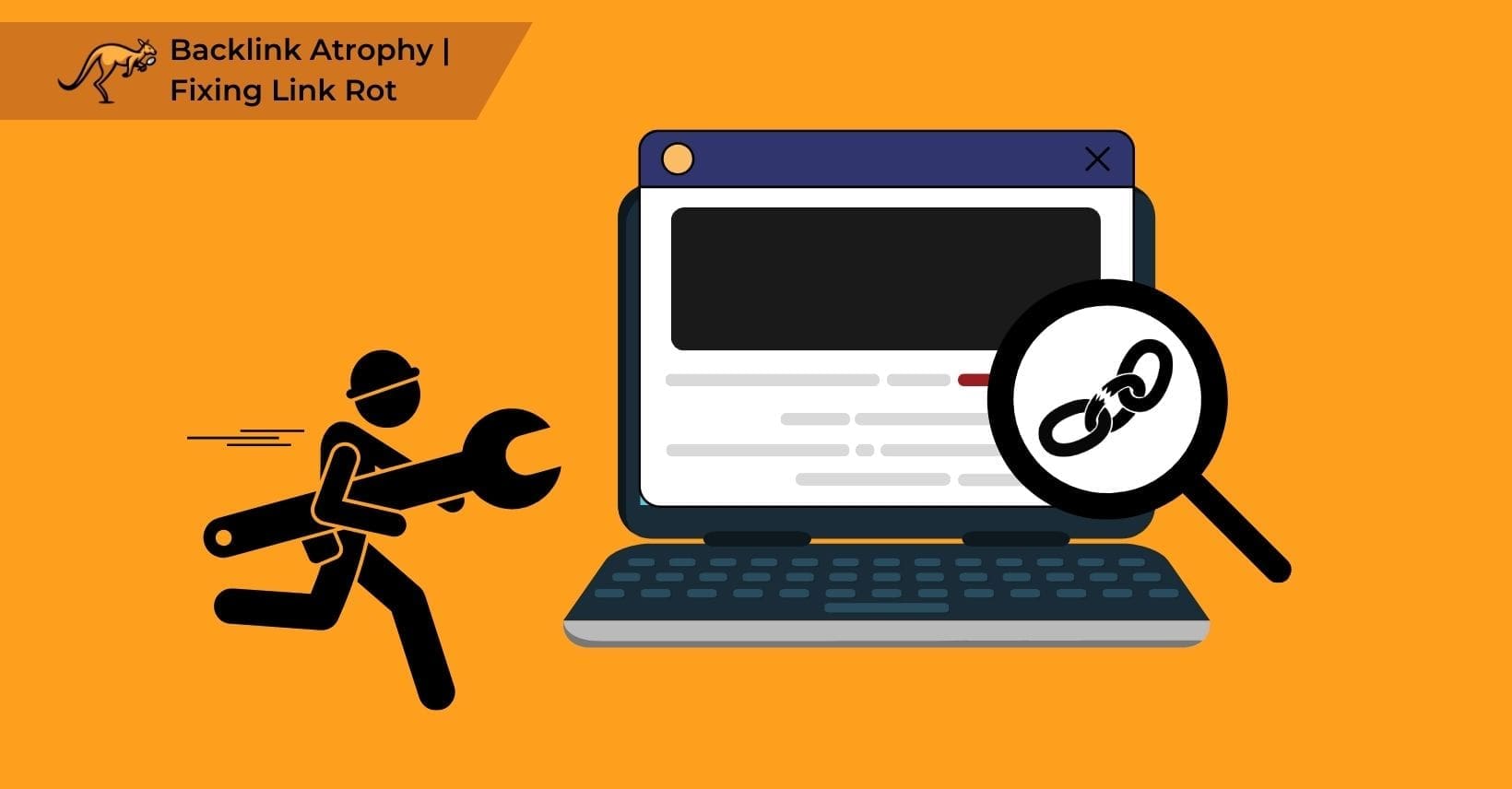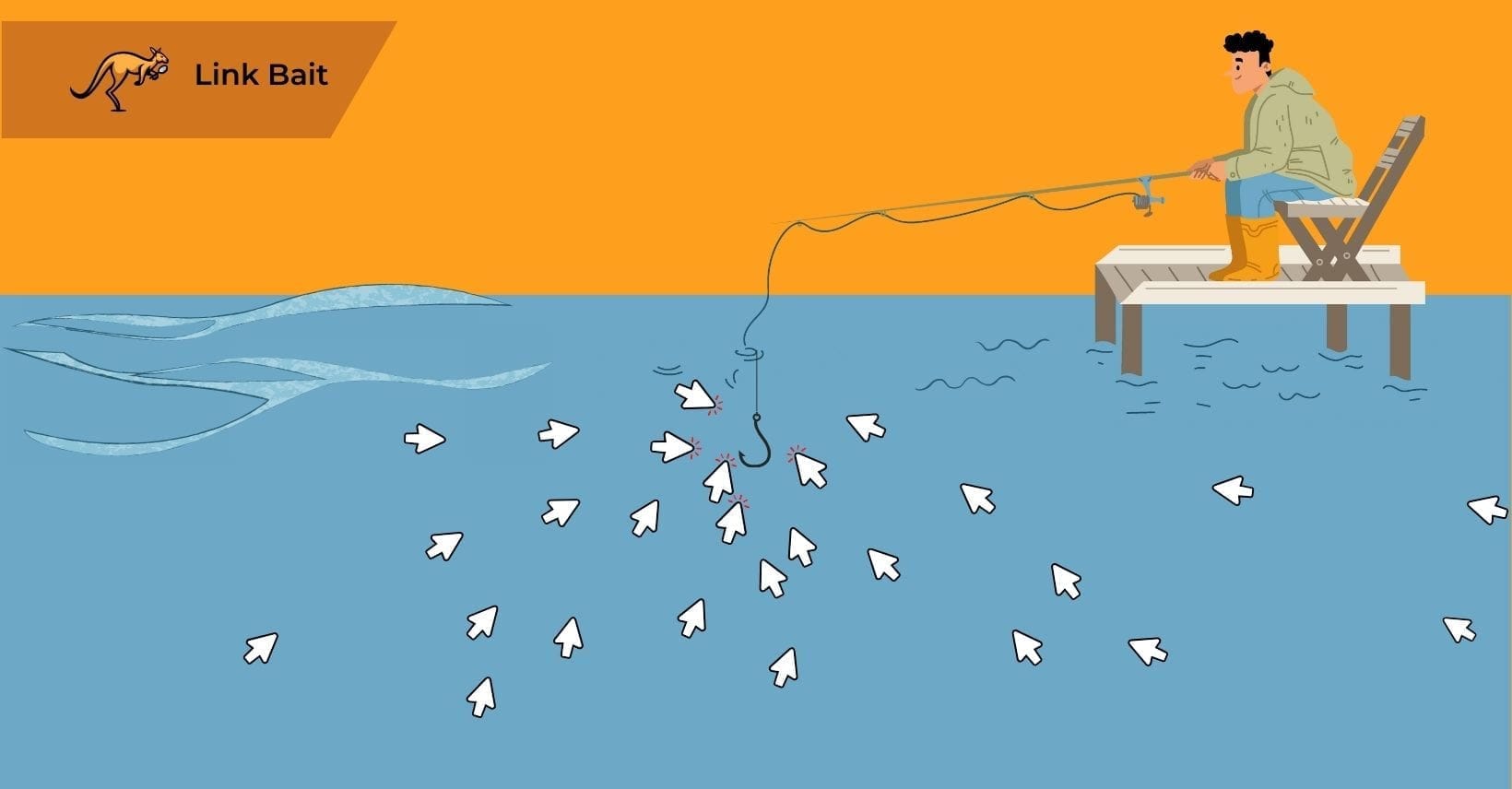Pay-per-click and Search Engine Optimisation are both major parts of digital marketing and are usually used together to help a website achieve its desired success level.
Of course, that often leads to the age-old question we never stop asking: which is better?
While neither PPC ads nor SEO techniques are a bad choice, there are some situations where one might be a more optimal solution than the other.
In typical cases, you might be forced to choose one approach or manage your resources and budget wisely by prioritising the one that best suits your needs.
SEO and PPC ads have an incredible influence over your online business’s success, but they do this in completely different ways.
Choosing the right method for each situation can significantly maximise your return on investment and boost business success. This brings us to understanding SEO and Pay Per Click.
What are SEO and Pay Per Click?
If you are unfamiliar with SEO and PPC, it is important to clarify what they are and why they are different.
SEO stands for Search Engine Optimisation, improving your website to rank higher in search engine results.
This increases visibility to more potential customers while spreading awareness of your business’s existence across relevant audiences.
PPC is Pay-per-Click advertising, which is focused on paid online advertisements placed on relevant websites or search engine result pages.
These paid search ads target your chosen audience using systems like Google Ads. Understanding this direct advertising approach leads us to why this difference matters.
Why This Difference Matters
SEO and PPC can look somewhat similar if you are not that familiar with them since SEO campaigns and PPC campaigns are equally focused on marketing your site to exact target audiences.
The biggest difference is that PPC advertising creates immediate visibility through paid placements, while SEO builds organic visibility through natural search rankings over time. PPC ads appear instantly when paid for and placed based on gathered data, while SEO requires consistent optimization before search engines recognize your website’s relevance to specific queries.
Both are valid strategies, but PPC generally costs more for easier advertising, while SEO is cheaper with greater randomness.
Most businesses strive to balance PPC and SEO in their marketing strategies, though certain situations may require emphasising one. Understanding SEO is important for optimising your approach.
Understanding SEO
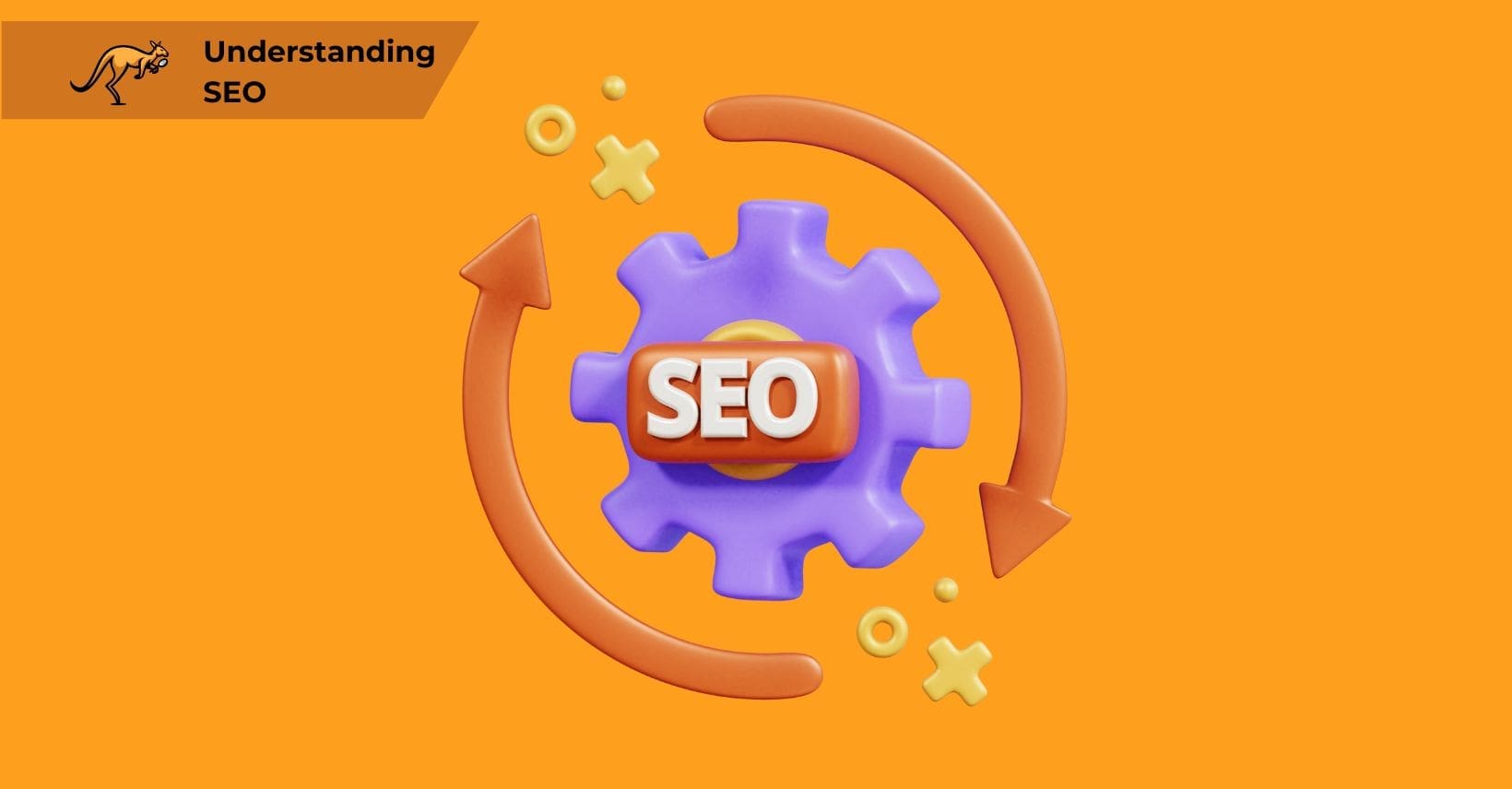
Search Engine Optimisation offers three core advantages over PPC: SEO provides sustainable traffic at lower long-term costs, builds natural credibility that users trust more than advertisements, and benefits from a “snowball effect” that makes SEO more effective as your site grows in authority and content depth.
In general, Search Engine Optimization (SEO) involves a mixture of on-page SEO (changing elements of your site to make it more appealing to search engines) and other SEO techniques (such as building a strong link profile to push your site higher in relevant search engine results pages).
A reliance on organically-ranked search results means that SEO requires a careful approach.
Randomness is always a factor, so appealing to search engines is as important as appealing to your users. A good SEO campaign achieves both without compromise. This leads us to the benefits of SEO.
The Benefits of SEO
Search Engine Optimisation has many benefits based on the search results that SEO targets.
More Traffic
For most internet users, anything past the first results page may as well not exist.
This means it is important to appeal to search engine algorithms until you can reach the first page, at least for relevant search keywords.
Even being on the first search results page instead of the second can lead to a massive boost in SEO traffic, increasing potential conversions and paying customers.
Visibility in Organic Search Results
An SEO campaign focuses on organic listings that put your site in front of the right people at the right time, capturing organic traffic interested in services or products similar to those you offer.
If used correctly, SEO can become an incredibly powerful way to get your web pages in front of people who need them without requiring much extra user input.
Awareness
SEO can often be used to boost brand awareness. It keeps your business contained to only relevant audiences and searches while pushing your site higher in natural search results.
This makes it much more likely that your website will appear for users searching for something relevant to your business.
This can make organic search results a great way to spread awareness of your business to only people who need something like it.
This limits irrelevant traffic and means that you are more likely to appear near the top of the page when somebody searches for relevant keywords or topics.
Trust
SEO also builds trust.
Domain authority (gained from having trustworthy sites link to you) boosts your search engine results rankings. It gives you a greater mark of quality in the eyes of most search engines, meaning more credibility overall.
Your higher ranking in search results also makes your site appear more legitimate to users who stumble upon it.
The more users trust you, the more likely they will click on you.
Low Costs
While SEO is not inherently free (since it takes time and money to secure certain SEO-boosting resources), it is still effectively free in the long term.
SEO costs little to maintain, and many simpler SEO techniques can be used at no cost to the business.
Higher ROI
This low cost also means that SEO has a much higher return on investment.
Unlike a paid ad, an SEO strategy might only take a small initial cost and remain relevant for months, leading to incredibly high ROIs – even if that only means a few sales overall.
Sustainability
SEO does not stop when you run out of marketing budget. Unlike PPC ad placements, your SEO techniques (especially technical SEO changes to your site) can future-proof a large part of your marketing strategy.
While some SEO benefits may change as search algorithms are updated, many will remain as effective.
This means many SEO options can remain long-term fixtures of your overall marketing strategy.
Competition
SEO allows expansion in a way that can’t easily be bought.
Even if your competition has more money, clever SEO tactics can help you overtake them by targeting the exact keywords your shared customer base searches for. Now, let’s explore the risks of search engine optimisation.
The Risks of Search Engine Optimisation
While SEO is incredibly powerful, it also has its risks and flaws.
Improving your search rankings will not always go smoothly, so planning and accounting for any mistakes you might make is important.
Randomness
SEO relies on a heavy randomness factor.
Google and other search engines serve millions of sites to users, so you are not operating in a vacuum – and sometimes your organic search efforts will not work as you intend or push you as high as you might have expected.
Excessive Competition
SEO will not always help against titans of your industry – sites like Amazon, for example.
While there are always new keywords to target and easy ways to avoid the competition, some off-page SEO options may be completely off-limits due to the strength of the competition.
Content Creation
SEO relies on content creation, whether improving your site or creating content for link placements on other websites.
Larger-scope SEO means more content, which can often be demanding for smaller businesses with only one or two employees who know how to write good content for website pages.
Keyword Research
Keyword research is an essential part of SEO, and to gather keyword data, you need the tools and knowledge.
Again, this is not always easy for a brand-new business that has not fully established itself yet.
Inconsistency
One of the biggest problems that you can face with SEO is the inconsistency of how SEO works.
If you are not careful, you can spend a lot of time, effort, and maybe even money on a project that does not yield any results.
SEO has many different tools and utilities that can help alleviate this problem, but they are not all that easy to learn and rely on.
Good SEO can be challenging, especially with high competition in your niche. Understanding PPC is essential to complement your SEO efforts.
Understanding PPC
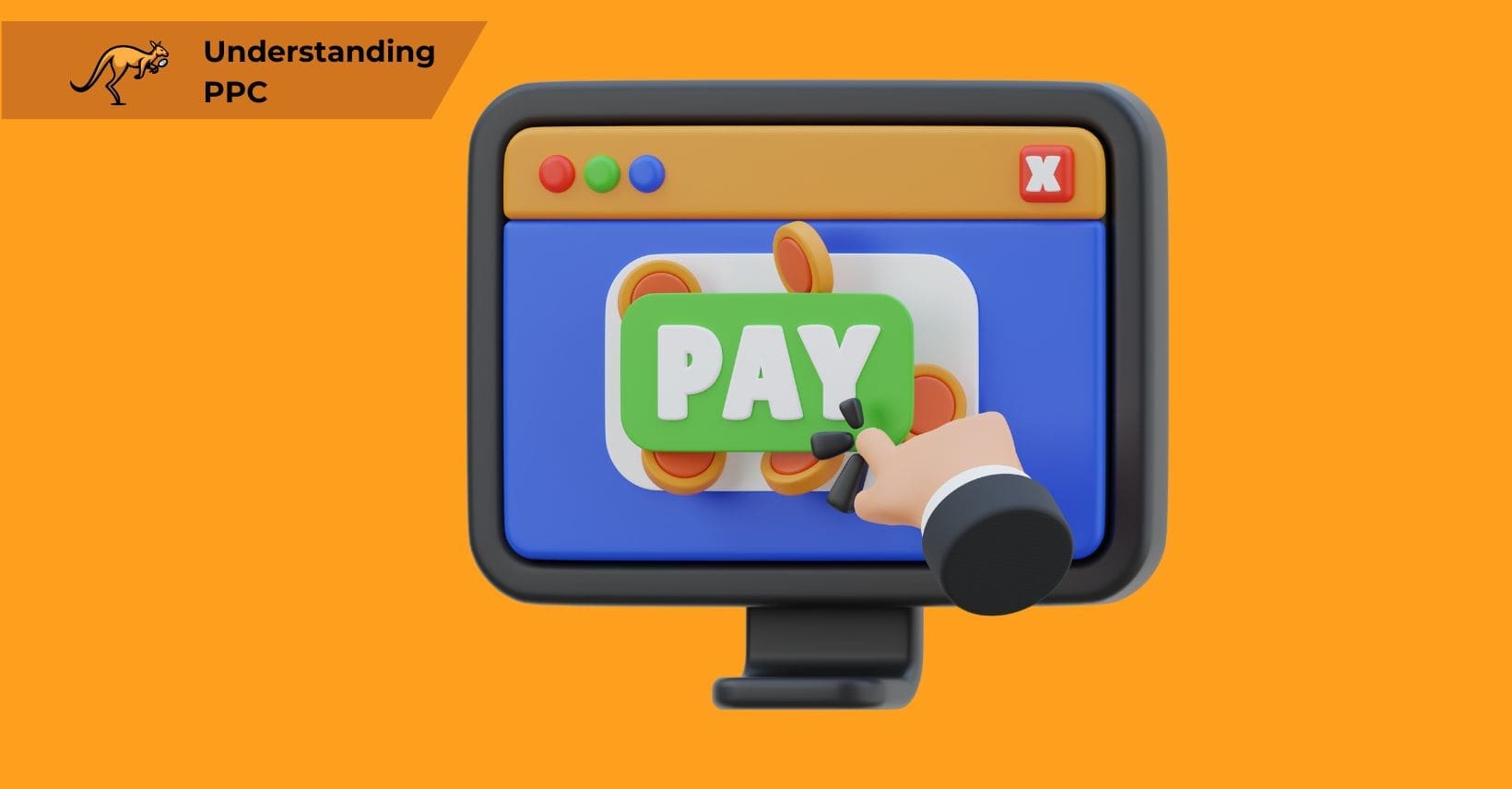
Pay-per-click (PPC) ads are paid advertising options that place ads at the top of search results and on many relevant sites.
This kind of search advertising places ads for your business or services in front of users who are likely to want them based on a big pool of data collected about them.
Paid ads are a very direct marketing method, unlike off-page SEO. If you pay for a PPC ad, it will be shown to users who are likely to be potential customers.
While there are many different types of ads (depending on the search engine PPC platforms you use), all of them are straightforward advertising.
PPC advertising allows a business to market itself very upfront, aiming for more customers and a higher conversion rate by planting artificial advertising across the internet.
One of the most common places to see PPC ads is in the top three spots of Google search engine results pages. This prime placement highlights the effectiveness of PPC. Now, let’s explore the benefits of PPC.
The Benefits of PPC
Pay-per-click marketing offers distinct advantages over SEO when approached correctly, including immediate visibility without waiting for rankings to improve, precise audience targeting beyond what organic search allows, and guaranteed placement at the top of search results. PPC campaigns deliver measurable results from day one, whereas SEO requires months of consistent effort before showing significant returns.
More Customers
Advertising is all about driving customers where you want them, and PPC ads are a very effective way of securing more traffic.
With the right PPC campaign, you can target users who are likely to be paying customers rather than just people who search for certain terms.
While an SEO strategy may offer free traffic, the right kind of pay-per-click advertising is more likely to deliver traffic that will become actual customers instead of just another number in your traffic statistics.
Speed
Paid ads are purely artificial and do not rely on organic search systems.
This means you can secure new traffic within only an hour or two of placing the ad, allowing PPC ad campaigns to hit fast and hard.
Targeting Options
A typical PPC marketing campaign offers precise audience targeting controls that SEO cannot match. PPC platforms allow marketers to select exact audience demographics, interests, behaviors, and intent signals, while SEO targeting primarily relies on keyword optimization and content relevance to attract users already searching for specific terms.
You can target ads based on time, day of the week, language, device type, intent, or other factors.
This makes it incredibly easy to target the audience likely to need services like yours already.
Ranking Positions
Paid search ads skip the issue of having to organically push yourself up the search results, instead placing you at the top of the search page above the regular results.
This means that paying for Google ads places you in a more favourable position than even the best SEO experts can reach.
Customisable Ad Systems
Google’s ad system allows PPC ads to be highly customised and flexible, giving you more digital marketing options without requiring you to generate more content or construct hundreds of individual ads.
For example, ads can be modular, and you can choose from a range of pre-prepared titles and descriptions that are applied to suit each audience.
Detailed callouts and site links might be provided to ensure that users are directed to the right place.
Visibility
Like SEO, PPC can push your site into a more visible position.
This makes paid search results ads a good option for promoting your brand, especially if you have money to spare and need more traction within your target audience.
Intelligent Systems
PPC systems like Google Ads make gathering and using a range of data very easy.
For example, tools like Google Analytics significantly simplify the keyword research process.
This can help you handle the more data-driven parts of building ads.
A lot of this data can also later be used for SEO purposes, helping you target organic traffic once you have already secured the paid traffic you were aiming for.
Consistency
As long as you pay for a paid search ad, you will generally see that paid advertising produces results.
While there can be changes in the market that might push your ad slightly lower on certain pages or cause a competitor to overtake you, most paid ads will still perform just fine.
This results in more consistent success relative to the cost. Now, let’s examine the risks of PPC ads.
The Risks of PPC Ads
A PPC campaign can be a good option for advertising yourself to a wide range of customers, but it also has risks.
Like SEO, there is always a chance that something will change, or you might misjudge the effectiveness of a piece of your marketing.
PPC Costs
PPC ads can get expensive.
While it is possible to keep prices low due to PPC’s pay-per-click nature, you can never get as low as the organic search results costs of SEO, so you will always be spending at least slightly more.
This can also make mistakes costly. You are still paying for those clicks if you point customers to the wrong landing pages and get more users that bounce right off the site.
User Attitudes
Some users skip ads, regardless of how relevant they are.
While you are not paying for users who ignore your ad, many users will prefer organic results in most situations, even if those web pages are less relevant.
This also means you might miss out on a chunk of organic traffic since you cannot force users to engage with your ads.
Investment
Ads can be a major investment that requires constant monitoring to succeed.
Since ads are paid, you want to ensure that they get the best results possible as often as possible, and that means investing a lot of time and money into making them work.
While paid ads are very powerful, they can also drain a business’s resources if used incorrectly, especially if a small business tries to set up too many ad campaigns at once.
Bidding Wars
Unlike SEO services, ads are extremely competitive.
Competitors can start copying your strategies or using the same ideas with more optimisation.
Many marketers invest considerable effort to keep their ads on top, essential for a PPC strategy in competitive niches. This brings us to the comparison of SEO vs. PPC.
SEO vs. PPC
The constant uncertainty of “SEO vs. PPC” can initially seem strange since most businesses will want to use SEO and PPC alongside each other. However, devoting your time and resources to SEO and PPC simultaneously is not feasible in many cases.
Understanding which can benefit your business most is important, especially if you are desperate for more conversions and paying customers.
While there is no overall correct answer to the SEO vs. PPC debate, both SEO and PPC can be useful in very different situations depending on the factors below.
The Audience
The audience that you are targeting will matter when deciding between SEO and PPC.
Try to understand the audience persona you aim for and how they think and act as customers.
For example, what do they buy, and how do they prefer to buy it? Would they be more likely to follow ads, or are they looking for organic search results?
While these simple questions do not always have a clear answer, understanding who your customers are helps. A demographic that wants major branded products is likelier to click on ads, while those looking for independent products may prefer organic results.
The Keywords
Keyword strategies differ fundamentally between SEO and PPC campaigns. SEO typically targets a broader range of keywords including informational and long-tail phrases that build topical authority over time, while PPC focuses on high-converting commercial keywords with clear purchase intent. Highly competitive keywords in PPC require substantial budgets due to high cost-per-click rates, whereas SEO can target these same terms through content optimization without per-click fees.
For example, depending on your keyword research, targeting keywords related to your local area may work well for either option. However, if your target keywords imply a desire to purchase something, an ad might be exactly what the customer needs.
In other words, it is important to look at the context of the keywords and what they mean. Keywords are based on customers’ Google search results, and they are making those results for a reason.
Your Budget
A low budget makes PPC less reliable since you have less to spend on a PPC campaign. However, since organic traffic is almost free, SEO becomes more useful.
On the other hand, a high marketing budget makes ads on search engines more practical since you can’t spend that money on better SEO for those same search engines unless you use it to create content.
Even if you want to be conservative with your digital marketing budget, spending extra money on visual product ads could be more lucrative than using it for technical SEO on a landing page. It all depends on how you want to approach your search traffic.
Speed
A PPC campaign delivers results significantly faster than SEO strategies. PPC campaigns generate traffic and conversions immediately upon launch, while SEO typically requires three to six months of consistent optimization before producing meaningful ranking improvements and sustainable traffic increases.
Organic results in search engines take a while to update, and starting from scratch means you have to build your search engine rankings up from the ground floor. With PPC, you can create content for an ad pointing to your landing pages and let it run to get instant results.
If you already have good domain authority, then organic SEO is a lot more effective. Even so, it can take longer to drive customers to your web page, making SEO services slower overall.
Visibility on Search Engines
Both SEO tactics and PPC campaigns offer visibility benefits but in different ways.
In general, SEO is better for building awareness in an existing niche or for making yourself appear more trustworthy to customers looking for a service like yours.
Meanwhile, PPC is good for either promoting to a new audience or promoting something short-term and getting much faster attention.
This is not a hard rule, but it can often be true when comparing data on different marketing methods. SEO is good for long-term visibility, while PPC campaigns are better at bursts of advertising that push a potential customer into acting on the ad.
Return on Investment
In the SEO vs. PPC debate, the ROI matters more than you might realise.
SEO is good for maximising your ROI since it costs almost nothing compared to ads, but it also takes much longer to achieve a major profit ramp-up.
PPC costs more to start up and maintain but is usually better at securing more profits and paying customers overall.
Pointing these two campaigns at the same landing page will cause this discrepancy. Generally, PPC is more short-term and powerful, while SEO is weaker but longer-term.
Complexity
While not part of the SEO vs. PPC debate itself, it is a good idea to consider how complex you want your marketing efforts to get.
SEO tools can be used to build incredibly complex marketing options since they are free and will run on relevant searches. PPC costs much more for something more complex but can also be more targeted to distinct audiences.
For example, a social media account could post dozens of regular posts to middling results – or promote a social media ad post to an exact audience and get a lot of attention on that one post.
SEO allows for granular meta description tweaks and many search terms in a single campaign, often leading to success. While needing a more structured approach, PPC is excellent for precisely targeting the right audience. This leads us to the question of which is better, SEO or PPC.
Which is Better
The “SEO vs. PPC” debate is a funny one because, realistically, neither one is better. SEO works most effectively alongside PPC since the two cover different areas of digital marketing that complement each other – PPC delivers immediate visibility while SEO builds long-term organic growth, allowing businesses to capture both immediate conversions and sustainable traffic simultaneously.
PPC is a great way to advertise through paid methods, while SEO is your baseline for free or near-free marketing. The two can be used to target the same audience in different ways or used to capture entirely different audiences if needed.
The most important distinction between the two is the cost structure. PPC requires ongoing payment for every click received, with costs varying from pennies to dozens of dollars depending on your industry’s competitiveness. SEO demands higher initial investment in content creation and optimization but becomes more cost-effective over time as rankings improve and traffic increases without per-click fees. For further guidance on optimising your content strategy, go here for a comprehensive content audit to enhance your digital presence.
The option you choose for your business depends on your needs, but you should ideally use a mixture of both as soon as possible.
